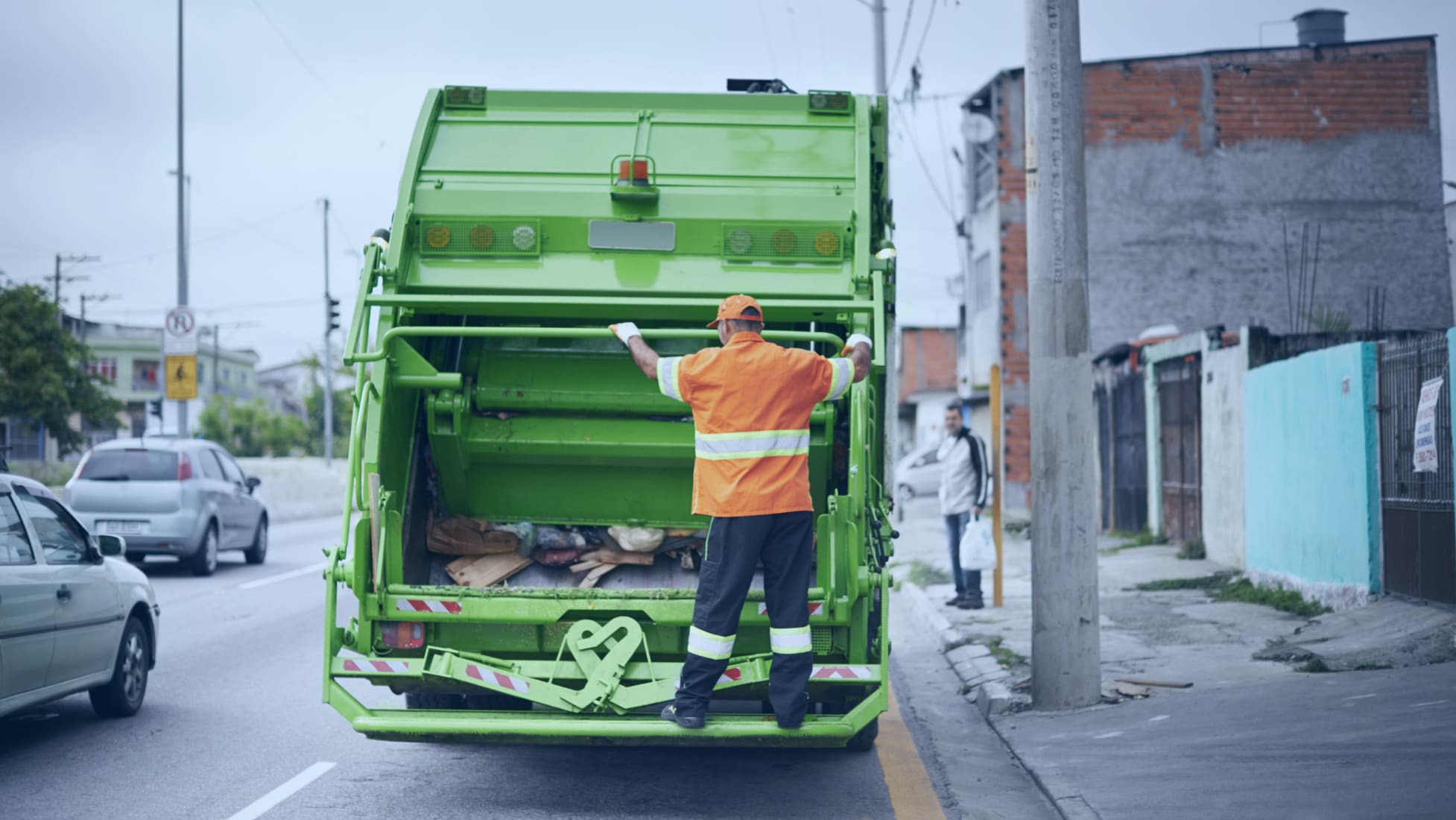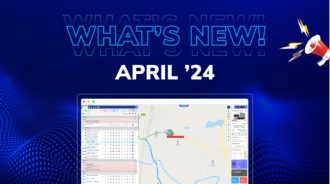In today’s fast-paced world, where environmental concerns are at an all-time high, efficient waste management has become more crucial than ever. With advancements in technology, waste management software solutions are playing a pivotal role in streamlining waste collection and recycling processes. Among these innovations, advanced waste collection software stands out as a game-changer, offering unparalleled efficiency and control. In this comprehensive guide, we delve into the top 10 must-have features in waste management software, ensuring you choose a solution that not only meets but exceeds your operational needs. Let’s embark on this journey to discover how these features can revolutionize waste management.
1. User-Friendly Interface
A user-friendly interface tops our list of essential features. The ease of navigating through software determines its effectiveness in real-world scenarios. An intuitive design means less time spent on training and more on action. This feature is particularly vital for on-ground staff who need quick access to information without the hassle of navigating complex menus. A straightforward, clean interface enhances operational efficiency, making daily tasks more manageable and less time-consuming.
2. Real-Time Data and Analytics
In the realm of waste management, time is of the essence. Having access to real-time data allows for immediate adjustments to routes or schedules, ensuring no time or resources are wasted. Analytics play a crucial role here, offering insights into patterns and areas for improvement. This data-driven approach leads to smarter decision-making, optimizing operations in ways previously unattainable. Whether it’s tracking the amount of waste collected or monitoring the efficiency of different routes, real-time analytics is a powerhouse feature for any waste management software.
3. Integration Capabilities
No software exists in isolation, and this is particularly true for waste management solutions. The ability to seamlessly integrate with existing systems – be it accounting software, vehicle tracking systems, or customer databases – is invaluable. Such integration streamlines operations, reduces errors, and saves time. When software solutions communicate effectively with one another, the result is a more cohesive, efficient operation that is greater than the sum of its parts.
4. Customizable Reporting Tools
Every waste management operation is unique, and so are its reporting needs. Customizable reporting tools allow you to tailor reports to fit specific requirements, whether it’s for regulatory compliance, internal assessments, or customer updates. This flexibility ensures you’re not just collecting data, but you’re also able to present it in a way that’s most meaningful to your audience. From graphical presentations to detailed spreadsheets, having the right reporting tools at your disposal is crucial.
5. Cloud-Based Technology
The shift towards cloud-based technology in waste management software is more than a trend; it’s a necessity. Cloud storage offers unparalleled benefits in terms of data security and accessibility. It enables remote access to information, a critical feature in today’s increasingly mobile and flexible work environment. Cloud-based solutions ensure that data is backed up and can be retrieved anytime, anywhere, which is vital in emergency situations or unexpected operational challenges. This technology also facilitates easier updates and maintenance of the software, keeping your system at the forefront of innovation.
6. GPS Tracking and Route Optimization
Efficient routing is a cornerstone of effective waste management. GPS tracking and route optimization capabilities are essential for reducing fuel consumption, saving time, and maximizing productivity. These features enable precise tracking of waste collection vehicles, providing real-time updates and allowing for the optimization of routes based on various factors such as traffic conditions, road closures, or the amount of waste to be collected. This not only streamlines operations but also contributes to a more environmentally friendly approach by reducing carbon emissions.
7. Compliance Management
Adhering to regulations is a critical aspect of waste management. Compliance management features in software solutions ensure that your operations stay within the legal framework, avoiding costly penalties and maintaining high standards. This includes tracking and managing permits, adhering to disposal guidelines, and ensuring that all operations are in line with environmental regulations. Effective compliance management tools also keep you updated on any changes in legislation, helping you to adapt quickly and maintain compliance at all times.
8. Customer Relationship Management (CRM) Features
A strong CRM system within your waste management software can transform the way you interact with customers. It’s not just about managing customer data; it’s about enhancing communication, responding to inquiries promptly, and improving overall customer satisfaction. CRM features help in maintaining detailed records of customer interactions, preferences, and feedback, enabling personalized service and better response to customer needs. In an industry where service quality is as important as operational efficiency, CRM capabilities are indispensable.
9. Mobile Accessibility
In the digital age, the power of mobile technology cannot be overstated, especially in the field of waste management. Mobile accessibility in waste management software solutions ensures that staff on the move have critical information at their fingertips. This feature supports on-the-go decision-making, real-time updates from the field, and immediate communication between teams. Mobile apps or mobile-friendly interfaces are essential for dynamic operations, allowing staff to report issues, update statuses, and access data, all from their mobile devices. This agility and flexibility are key to maintaining a high-efficiency level in modern waste management operations.
10. Sustainability and Environmental Impact Tracking
As environmental concerns continue to grow, waste management software must include features that focus on sustainability and environmental impact. Tracking the environmental footprint of waste management activities, such as the amount of waste diverted from landfills, recycling rates, and the reduction of greenhouse gas emissions, is crucial. This feature not only helps in reporting and complying with environmental regulations but also in demonstrating a commitment to sustainable practices. It enables waste management companies to set and achieve sustainability goals, playing a significant role in environmental stewardship.
Conclusion
Choosing the right waste management software solution is a critical decision that can significantly impact the efficiency and sustainability of your operations. The features outlined above – from user-friendly interfaces and real-time analytics to compliance management and sustainability tracking – are essential components of a robust waste management system. They ensure that your operations are not only efficient and compliant but also aligned with modern environmental and customer service standards.
Incorporating these features into your waste management strategies, especially when integrated with advanced waste collection software, can lead to significant improvements in operational efficiency, customer satisfaction, and environmental performance. As you consider upgrading or selecting a new waste management software, keep these key features in mind to ensure you choose a solution that meets the evolving demands of this critical industry.



